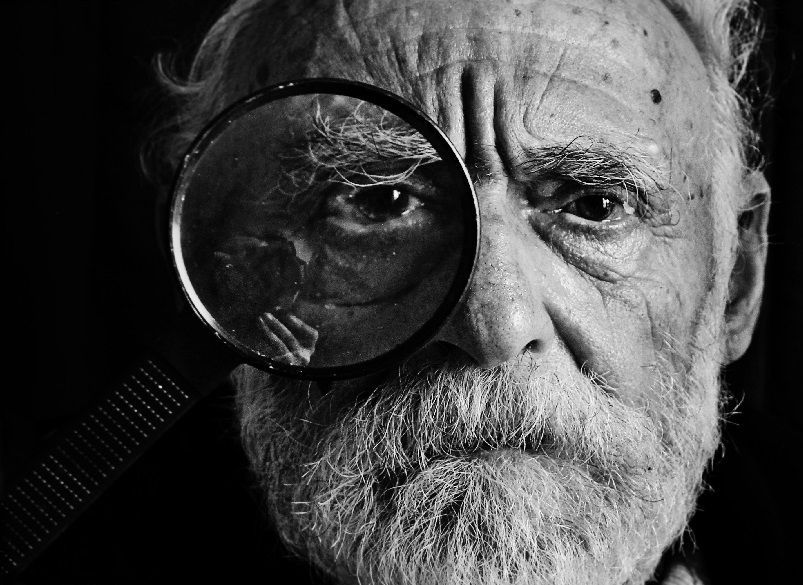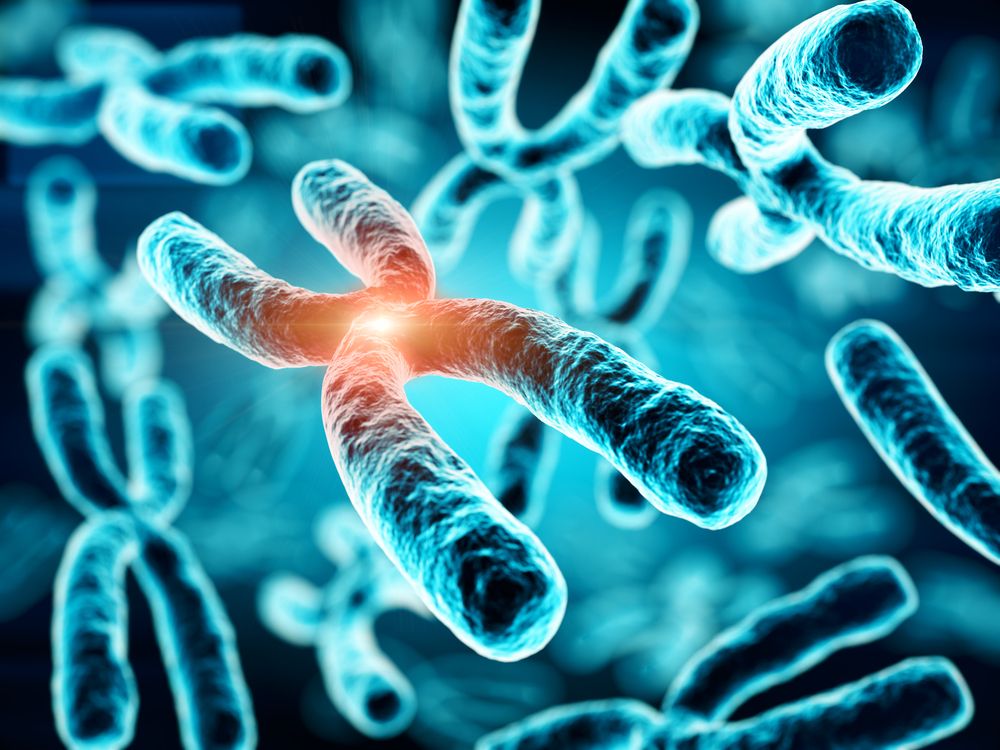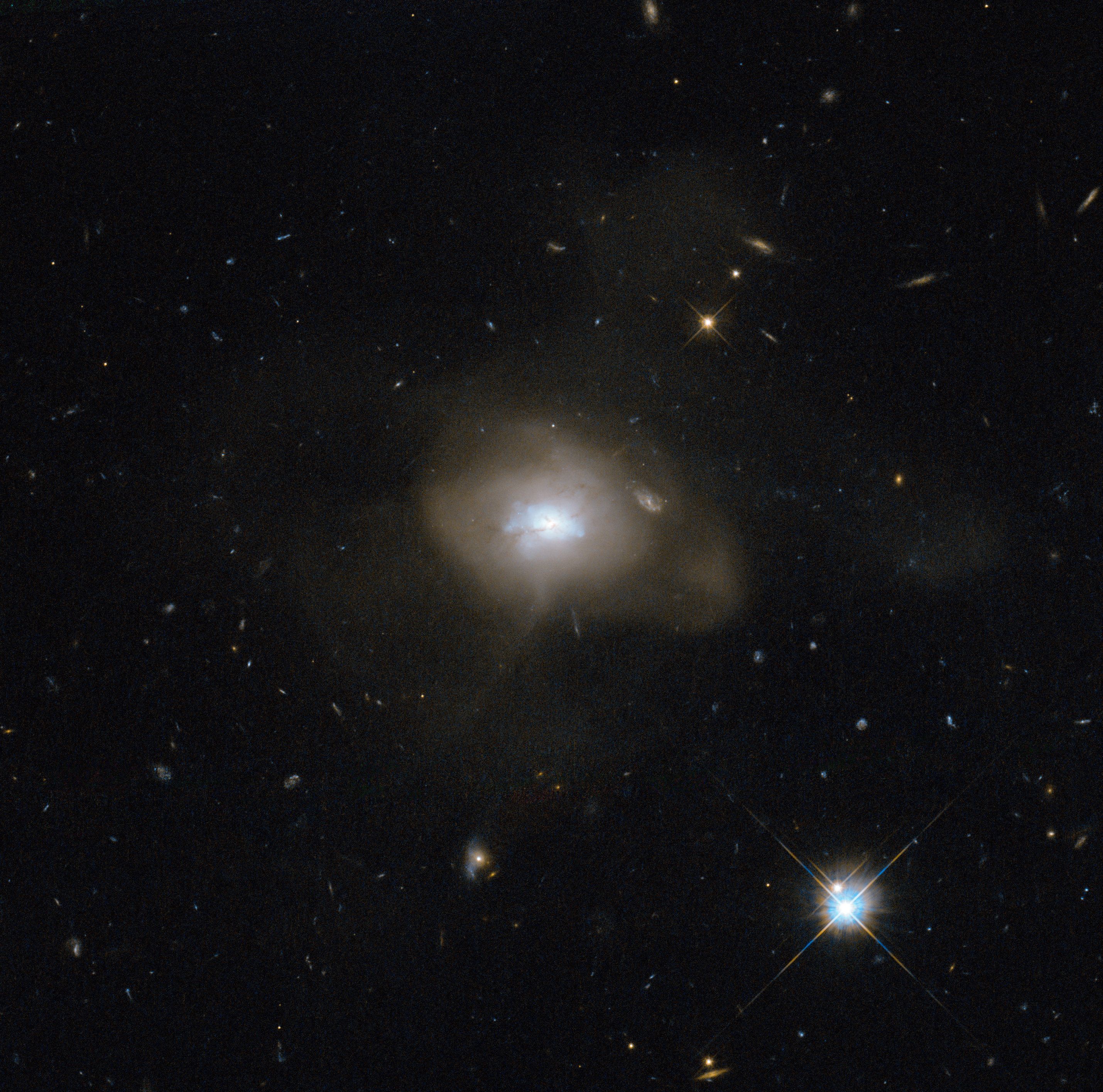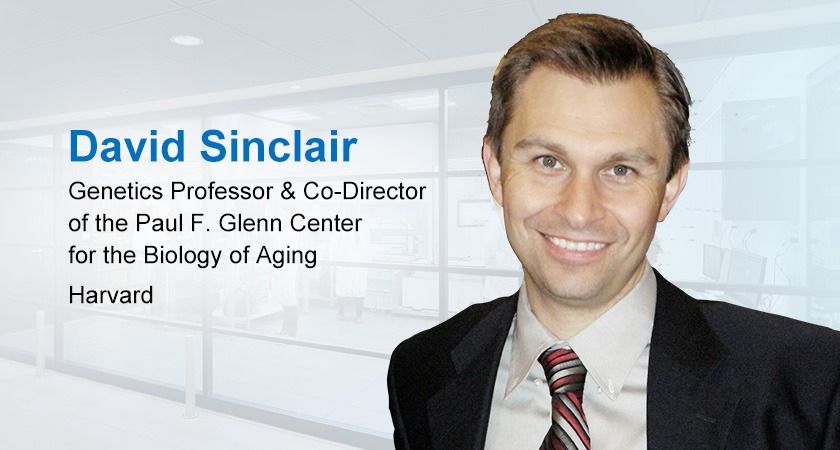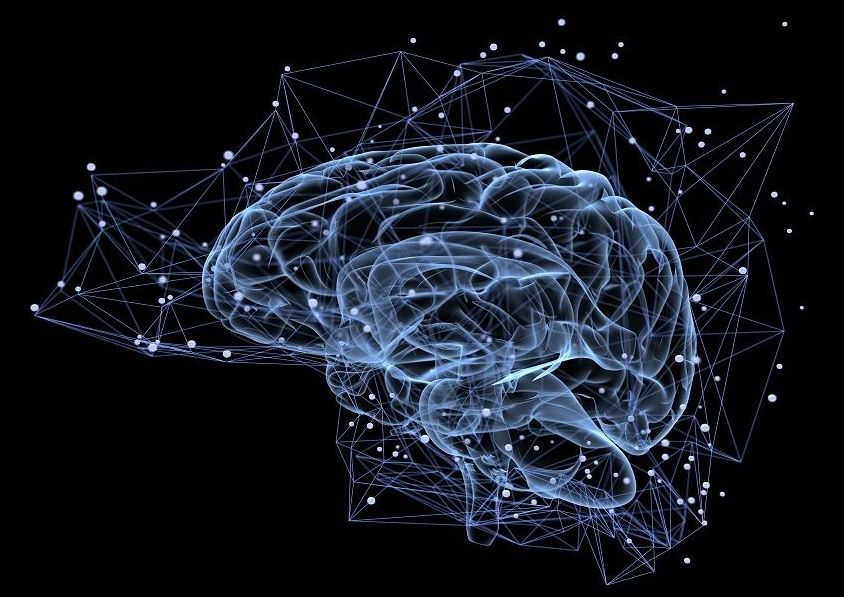Feb 27, 2018
Predicting our body’s biological age with a pee test
Posted by Brady Hartman in categories: biotech/medical, life extension
Summary: Aging biomarkers found in a simple urine test can potentially measure how much our body has aged and could predict our future health. [This article first appeared on LongevityFacts. Author: Brady Hartman. ]
Determining our biological age and future risk of ill health may be as simple as a urine test one day.
In a new study, a team of researchers led by Jian-Ping Cai in the MOH Key Laboratory of Geriatrics at Beijing Hospital discovered two new aging biomarkers in urine that come from the oxidation of RNA and DNA. The new markers could potentially help predict our risk of developing an age-related disease, and even our risk of death.
